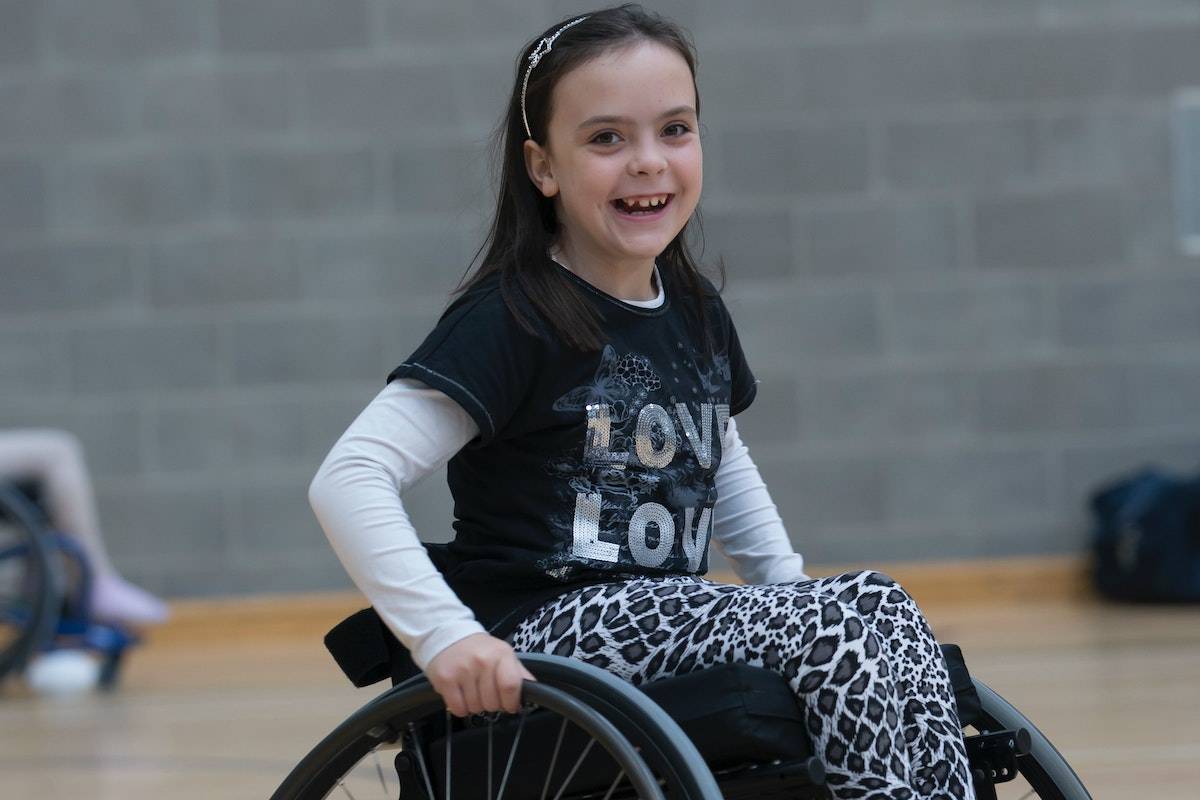Last week we shared with you the United States Department of Justice’s (USDOJ) statement commemorating the 23rd anniversary of the United States Supreme Court Olmstead decision. Because of the Olmstead decision, states must provide reasonable services and supports to help people with disabilities live in the community if they want. That’s what “community integration” means.
The USDOJ sued Mississippi over its adult mental health system in 2016, and Judge Carlton Reeves found Mississippi’s mental health system violated Olmstead and the Americans with Disabilities Act in September 2019. The State appealed the judge’s ruling but is also implementing the services and supports the judge required in his order. This is the latest monitoring report, and this is a brief update. We encourage you to stay up to date with this lawsuit and what it means for adults, including youth ages 18-21, with mental illness.
We also encourage you to think about what the values and goals of the Olmstead decision mean for you and your family. If you are raising a child with a significant disability, what do you most want for them? What do they most want for themselves? What do you want for your child in the short term? What about in the long term? What kind of support would most help at home, in school and in the community? How can we all work together to bring about these things?
We’ve been talking at Families as Allies about how we can best support families as they support their children. We believe that families know their children better than anyone and are their children’s strongest advocates. We also believe that systems should follow laws and policies about families and children’s rights.
These are some practical, real-world ways we’ve been talking about making sure families feel supported. We want to know what you think of these ideas, including at our Families as Allies Live on Wednesday, June 29 at noon. We want to make sure that:
- The places children already are, such as school, child care settings and doctor’s offices and clinics, have the right information to help families know if their child might have a disability and help them get more support if they need it.
- In the places where children already are, people working there have the resources to help families with their children, including backup and support from mental health professionals when needed.
- Children stay in their homes, classrooms, primary care settings and communities, and, as much as possible, help and services are brought to them.
- When children need more support than the people already in their lives can provide, there is someone who can help families find whatever type of support they think will be most helpful from wherever they want. That person shouldn’t feel pressured to offer services from any particular agency.
- Families can choose from a wide array of services and supports shown to work; each family plan is unique to them.
- Families have input into planning for their children and the programs, policies and systems for all children.
- Families and others routinely and objectively evaluate services and supports to ensure they are helpful.

